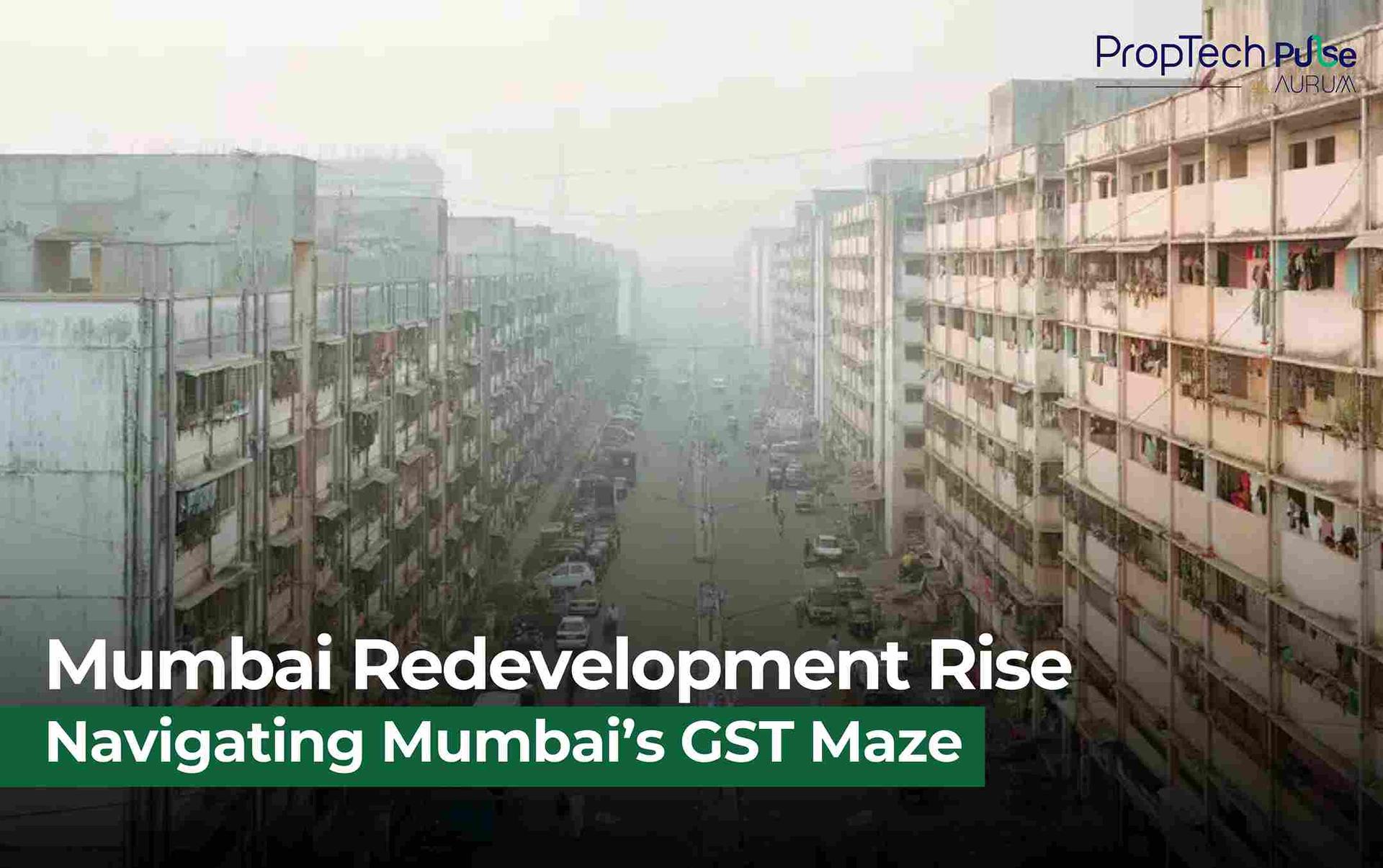
Mumbai’s Skyline at a Turning Point
Mumbai India’s bustling financial capital stands on the cusp of a historic transformation Over 25000 buildings across ,the Mumbai Metropolitan Region MMR have been identified as eligible for redevelopment representing a colossal ₹30000 crore in potential investment This revelation shared by the apex real estate body CREDAIMCHI shines a spotlight on both the promise and the challenges of urban renewal in one of the world’s most densely populated cities
The Promise Safer Homes and Urban Revival
For thousands of Mumbai residents redevelopment is more than a real estate opportunity it’s a lifeline Many of these 25000 plus buildings are decades old structurally unsound and ill equipped for modern living Redevelopment is the key to providing safer homes improved amenities and a renewed sense of community The potential economic impact is equally significant unlocking ₹30000 crore in projects would create jobs boost local businesses and modernize the city’s aging infrastructure
The Challenge High Costs and GST Ambiguity
Despite this immense potential the path to redevelopment is riddled with obstacles CREDAIMCHI has raised urgent concerns about the viability of these projects citing Mumbai’s sky high approval costs ₹55200 per square metre compared to just ₹1800 in Pune and ₹5500 in Delhi Such disproportionately high development charges make it difficult for projects to get off the ground
Complicating matters further is the ongoing confusion around Goods and Services Tax GST on redevelopment Last month the Bombay High Court clarified that GST is not applicable where homeowners appoint a developer for redevelopment as long as there is no sale or transfer of Development Rights TDR or Floor Space Index FSI The court quashed a tax demand stating the agreement was purely for construction However legal experts from CREDAIMCHI caution that this is not a blanket exemption GST on development rights is not payable under the reverse charge mechanism but the tax itself has not been abolished
Legal Grey Areas Developers Caught in the Middle
Developers remain exposed to significant legal and financial risks until the GST Council or a larger High Court bench delivers a conclusive verdict According to Harsh Shah Partner at Economic Laws Practice ELP confusion around GST treatment of development rights has resulted in a wave of litigations across the country with cases pending in Bombay Delhi Gujarat and Karnataka High Courts The Nagpur bench’s judgment has sometimes been misinterpreted as a blanket exemption which is not accurate
- 5 percent on sale to customers
- 18 percent on transfer of development rights
- 5 percent on units handed back to existing residents
- Non creditable GST on construction materials
These cascading taxes severely impact margins and slow down redevelopment says Jain Despite recent high court rulings GST is still applicable either under forward or reverse charge mechanisms and the confusion in interpretation must be addressed urgently
The Human Impact Delayed Projects Unsafe Homes
Sunny Bijlani Joint Secretary of CREDAIMCHI underscores the human cost of regulatory ambiguity When you add layers of GST and regulatory uncertainty projects simply do not take off Solving these issues is not just about helping developers it’s about providing safer homes to thousands living in dilapidated buildings improving urban infrastructure and unlocking housing supply
He adds Fixing GST interpretation and aligning taxation to ground realities can significantly accelerate redevelopment These are low hanging fruits with massive economic and social impact and we urge decision makers to act swiftly
Looking Ahead Policy Clarity for a Safer Mumbai
The Bombay High Court’s recent judgment is expected to stimulate redevelopment in Mumbai a city where vertical growth is the only practical solution amid limited land and aging infrastructure But for the city to truly benefit from this ₹30000 crore opportunity policymakers must resolve GST ambiguities and address high approval costs
With over 25000 buildings and the lives of countless Mumbai families hanging in the balance the call for clarity collaboration and action has never been more urgent
Unlock the Latest in Real Estate
News, Infographics, Blogs & More! Delivered to your inbox.
“Data that drives action. Insight that inspires action. Technology that empowers action.“
“Data that drives action.
Insight that inspires action.
Technology that empowers action.“









